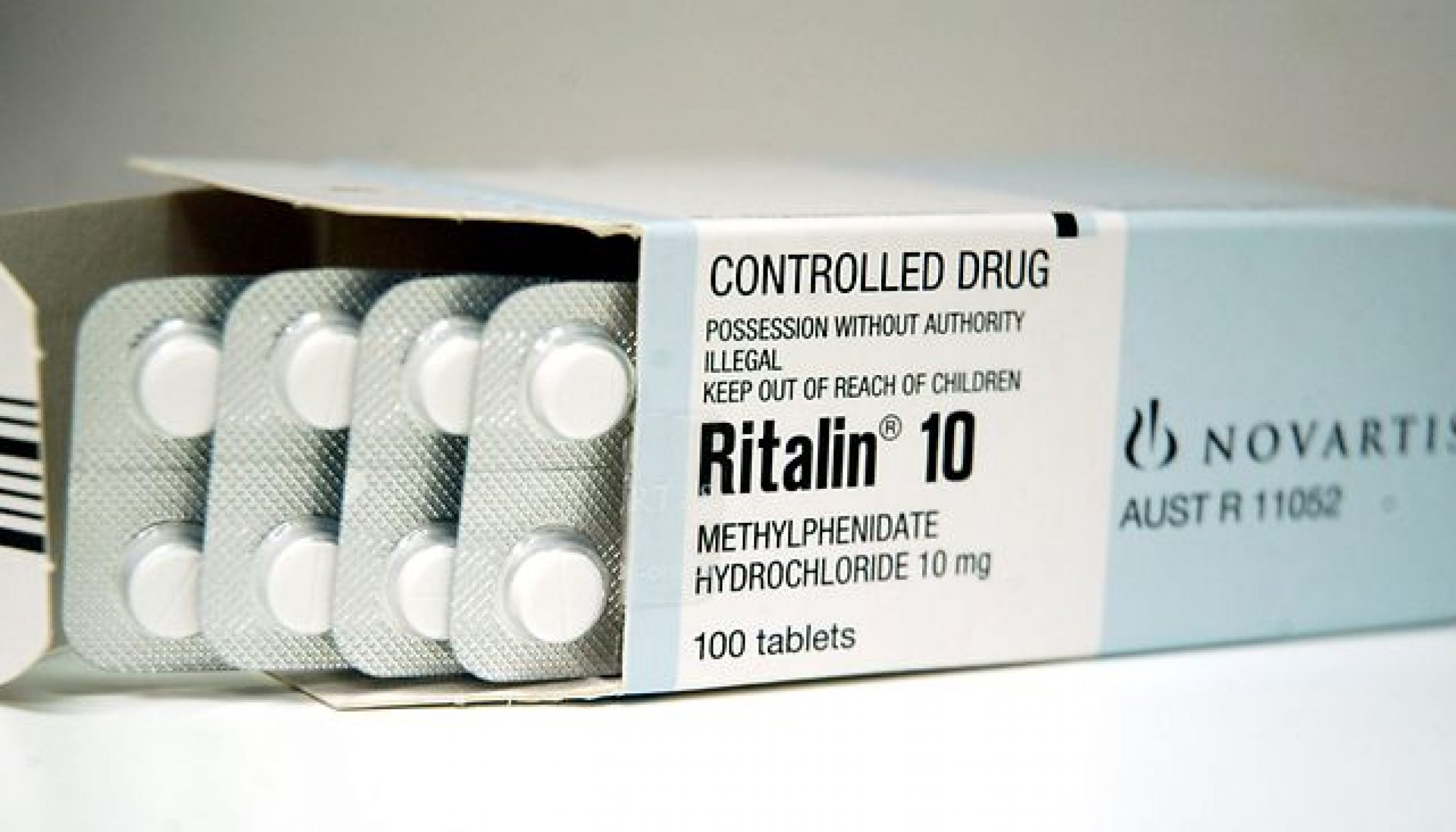Answer: Compensatory up regulation of adenosine receptors resulting in brain blood vessel dilation causes the caffeine withdrawal headache.
Daily caffeine users often experience withdrawal symptoms after a period of abstinence. Just one day without caffeine can produce aversive side effects such as loss of alertness, an inability to concentrate, anxiety, and headaches.
Caffeine acts as an antagonist at the adenosine receptors. It prevents endogenous adenosine from activating the adenosine receptor. When adenosine binds to adenosine receptors, it produces sleepiness. By preventing this interaction, caffeine is considered a stimulant.
The body generally tends toward homeostasis. After chronic exposure to caffeine, the body naturally upregulates the number or function of adenosine receptors in an attempt to maintain the same amount of adenosine signaling. This is a compensatory change that results in increased adenosine receptors that persists even when caffeine is no longer in the system.
A headache is triggered when too much activity at the adenosine receptors result in blood vessel dilation, resulting in an increase in blood flow to the brain. Caffeine normally constricts blood vessels in the brain, which restores normal blood flow and alleviates the headache.
It is interesting to note that caffeine affects the brain differently from the rest of the body. It constricts blood vessels in the brain, but acts as a vasodilator in the periphery.










